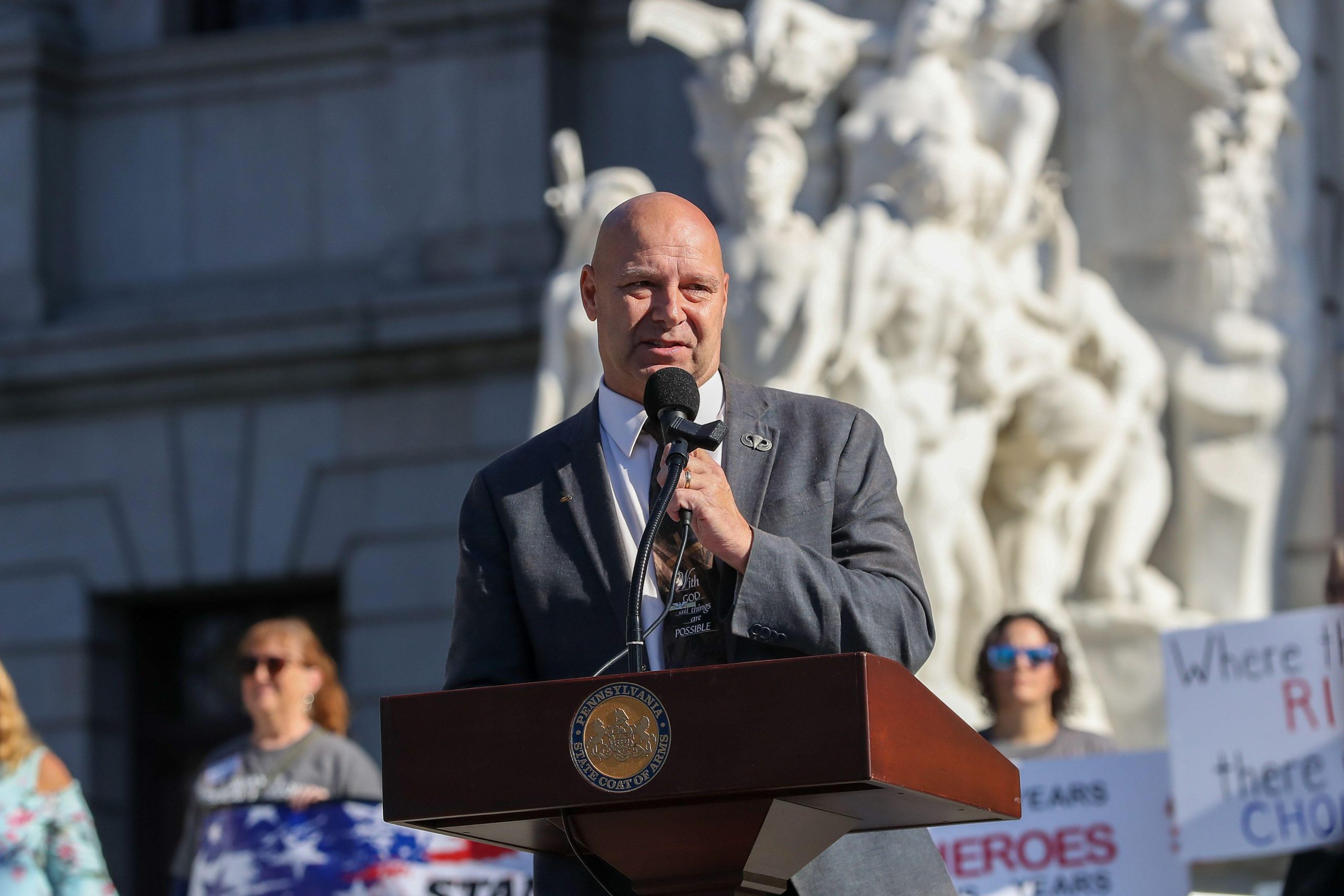
Lauren Moye, FISM News
[elfsight_social_share_buttons id=”1″]
Pennsylvania and Louisiana saw pro-life victories late last week, as conservatives and liberals continue to wage war in state legislatures following the Supreme Court decision to overturn Roe v. Wade last month. Pennsylvania began the process of amending its constitution with pro-life language, while a technicality ended a stay that prevented Louisiana’s trigger law from taking effect.
Pennsylvania took a new step on Friday to give voters a direct say in abortion laws of the state by passing legislation to amend the Keystone State’s constitution. Senate Bill 106 proposes that the constitution be updated to say, “This constitution does not grant the right to tax-payer abortion or any other right relating to abortion.”
The constitutional amendment would not change any current laws regarding abortion. However, some critics see the amendment as a chance to work around current Democratic Governor Tom Wolf’s automatic veto of all pro-life legislation.
Currently, Pennsylvania allows abortions through 24 weeks of pregnancy. The state, however, requires a 24-hour waiting period, a consultation discussing risks and alternatives, and requires parental consent for minors during this time frame. The only allowable taxpayer-funded abortions are in cases of rape, incest, or risk to the mother’s life.
“Our Abortion Control Act will still remain in place,” said Senator Judy Ward, the bill’s sponsor and staunch opponent of the pro-choice position. “And this constitutional amendment will just go to the people and it allows us in the Legislature the ability to set these rules and laws concerning abortion in this commonwealth.”
Republicans control the majority in both the State Senate and State House. The former passed the bill 28-22, while the House passed it with a 107-92 vote.
Now that the bill has passed in both the Senate and the House during a two-year legislative session, it must pass through the Legislature in a second session once more. After that, it must be advertised to voters before each item is placed on an election docket as a separate question. The issue may then be on the ballot in the upcoming fall 2023 election
Because voters directly weigh in on constitutional amendments through the ratification process, there is no governor veto opportunity. The bill also proposes amendments in other areas, including voter identification and changing some of the rules on executive orders that a governor can issue.
Abortion will be a heated topic in Pennsylvania’s upcoming election as citizens will choose between two candidates for governor who hold opposite viewpoints on the issue. Democrat Josh Shapiro, current attorney general, has vowed to protect abortion, while his Republican rival Doug Mastriano sponsored a 6-week abortion ban during his tenure as state senator.
Meanwhile, an injunction placed against Louisiana’s near-abortion ban was thrown out on Friday by State District Judge Ethel Julien after it was determined to be improperly filed. This overturned an earlier decision by Louisiana District Judge Robin Giarrusso.
According to Julien, her court did not have the authority to hear matters involving the legislation and the case should rather have been sent to the state court in Baton Rouge. The improperly filed case meant that Julien also did not have the power to extend the stay.
It was a victory for Attorney General Jeff Landry and state lawyers, who successfully argued that the case was out of proper jurisdiction. However, their opponents are adamant the fight is not over.
“This was a decision on a technicality that had nothing to do with the merits of our case,” said Joanna Wright, the lead lawyer for abortion groups.
Louisiana was one of 13 states with trigger bans on the books to outlaw abortions in the event Roe v. Wade was overturned. However, Giarrusso placed a stay against the law on June 28 after pro-abortion groups filed a lawsuit, only days after SCOTUS finalized their landmark Dobbs v. Jackson decision.
In the interlude before Baton Rouge can hear the case, abortion providers in the state have canceled abortion appointments while others have opted to provide ultrasounds and counseling.
Landry cautioned clinics and doctors that there could be a risk to providing abortions at this time. He said, “If they continue to operate, they do so under their own risk.”
